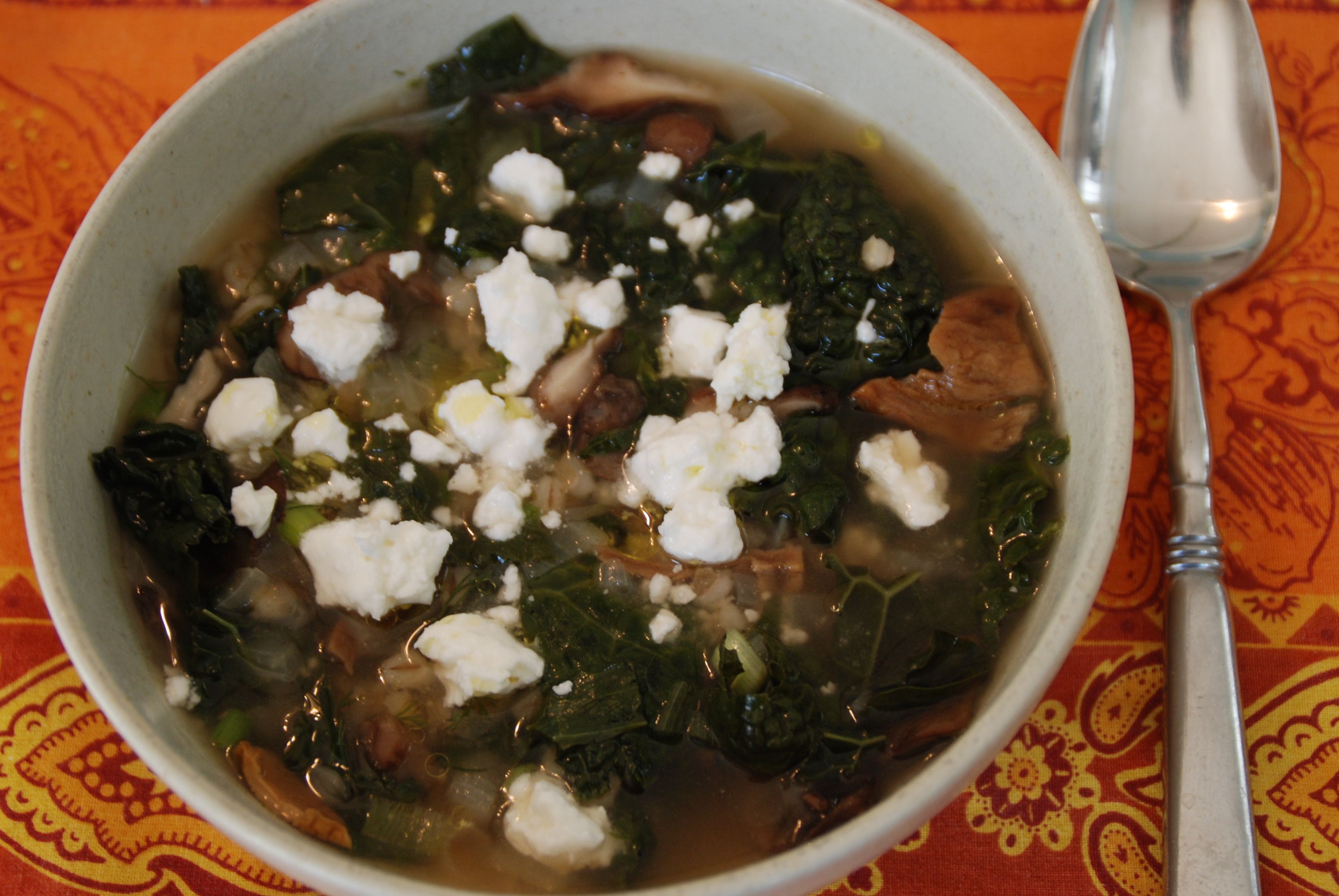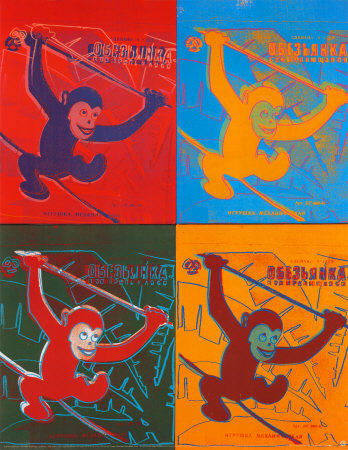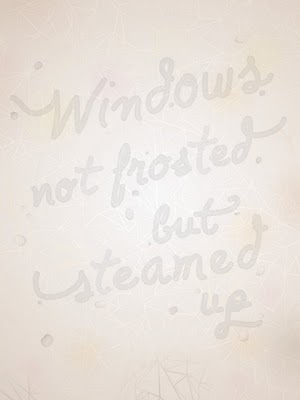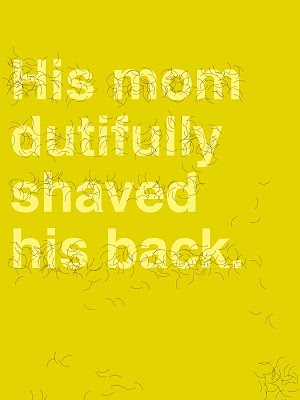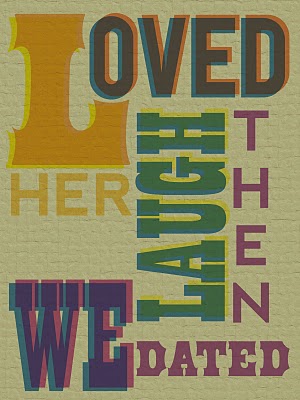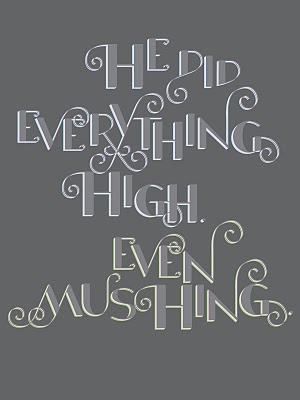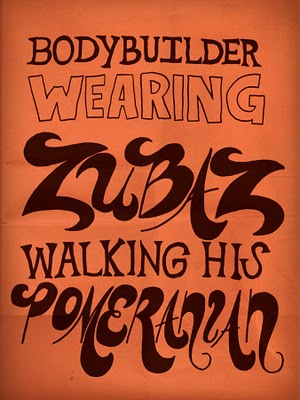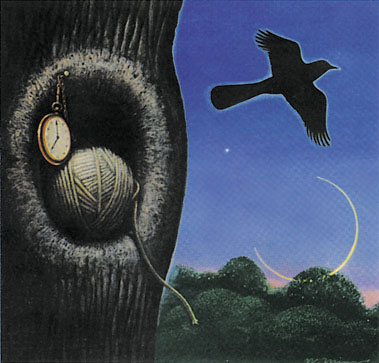 Atticus to Scout:
Atticus to Scout:
“First of all,” he said, “if you can learn a simple trick, Scout, you’ll get along a lot better with all kinds of folks. You never really understand a person until you consider things from his point of view -”
“Sir?”
“- until you climb into his skin and walk around in it.”
We just read (or re-read, in most cases) To Kill a Mockingbird in book club. When we picked it a few months ago, I knew I would go to the third floor of my house and find the ragged paperback I had read when I was in sixth grade. This book has survived countless moves across the country and more importantly, my periodic book purgings. The pages are yellow, the spine is cracked, there is a piece of tape over the inside cover page and it is filled with highlighted passages and my little twelve year old notes, penciled in bubbly letters. Inside the front cover, my name is crossed out and Maestro de Bife’s name written below, he having read my copy when I was away at college. I had no idea my book had been in such peril, in the hands of my adolescent brother. He is either kind to books, or didn’t read it.
I’ve been reading the book for a couple weeks, sort of taking my time with it and savoring it. My little notes are distracting in a very sweet way. It’s hard not to stop and read the definitions I had so earnestly written in the margins: for protruded: thrust out, for tirade, long outburst, for viscous, thick, for druthers, choice. It was the first novel we read in Language Arts class and the first time I wielded a highlighter. I remember wrinkling my nose at my friend Sweet Sue drawing a rectangle around a passage and coloring the whole thing in with her highlighter. Surely, line by line was the proper way to highlight. There are even a few spots with liquid paper carefully dabbed on the pages where I had changed my mind about something I wrote.
This book has lived vividly in my imagination as much because of the beautiful, compelling and humorous work of literature that it is, as for its symbolic position of being the book that really taught me how to read. I had been a bookworm for a long time, chewing through books at breakneck speed, but this is the first book I remember reading in the active sense: carefully, with attention and some sense of rigor.
Reading it again, holding that same copy in my hands, I felt like I had slipped into some secret tunnel straight back to my youth. At one point we were talking about Maycomb and the freedom that Jem and Scout had to roam around the town. Lady Crow Call said, You guys, it was just so fun to be a kid! We all remember that feeling of running around our “perimeter”, knowing like the back of our hand the best climbing trees and hiding spots, the dark spots (Boo Radley’s house), the light spots (Miss Maudie’s house) and all the well worn paths in between.
All you really needed for an adventure was to open your back door and find your best neighborhood friend standing there, barefoot and ready to go. The freedom, both physical and psychic, that we all had as children, allowed us to rub up against the edges, dip our toes into the scary stuff. And if it wasn’t really scary, we made it scary. I wonder now, if part of the magic of our childhoods might have had something to do with the fact that they were laced with a small amount of fear, that delicious frisson of the dark and unknown. (Of course, I’m not talking about real fear stemming from abuse, war or other atrocities that some children face – that’s a whole other ball of wax and there is nothing magical or redeeming about those situations.)
For me, and for Scout, mundane terrors loomed large. A highly active and colorful imagination and an early penchant for calamatizing kept me on my toes – running up the basement steps, checking under the bed at night, holding my breath as I passed cemeteries in the car. I was afraid of being embarrassed, carrying my lunch tray like it was the holy grail, so sure was I that I would die of shame if I ever dropped it. I was afraid of our neighbor named Hank and his giant dog, who I was convinced would maul us to bloody bits. I was afraid of the infirm woman who lived behind us and used to conduct stake-outs from atop our swingset, waiting for her to pass by a window or, horror of horrors, come out into the yard. My biggest fear was that my mother would die, like ALL the mothers in ALL the shows we watched in the seventies (seriously, what is up with that? Think about it! Eight is Enough, The Love Boat, The Brady Bunch, Nanny and the Professor, My Three Sons, Family Affair, Diff’rent Strokes!)
I felt a twinge of compassion for my younger self as I was reading this book, for the innocent, ignorant, impressionable and scared little girl I was. I remember the pit in my stomach and the anxiety, but I’m pretty sure my parents didn’t know. By all accounts, I was normal, if kind of mouthy and moody. I don’t think anyone knew when I was scared. That was me, but a different me and until I re-read this book, kind of a forgotten me. I think children carry around a significant amount of fear, just by virtue of being children and not entirely in control of their destinies. To remember that, to climb into the skin of a child and walk around, as Atticus would say, is a really lovely thing to do, especially when that child was yourself.






